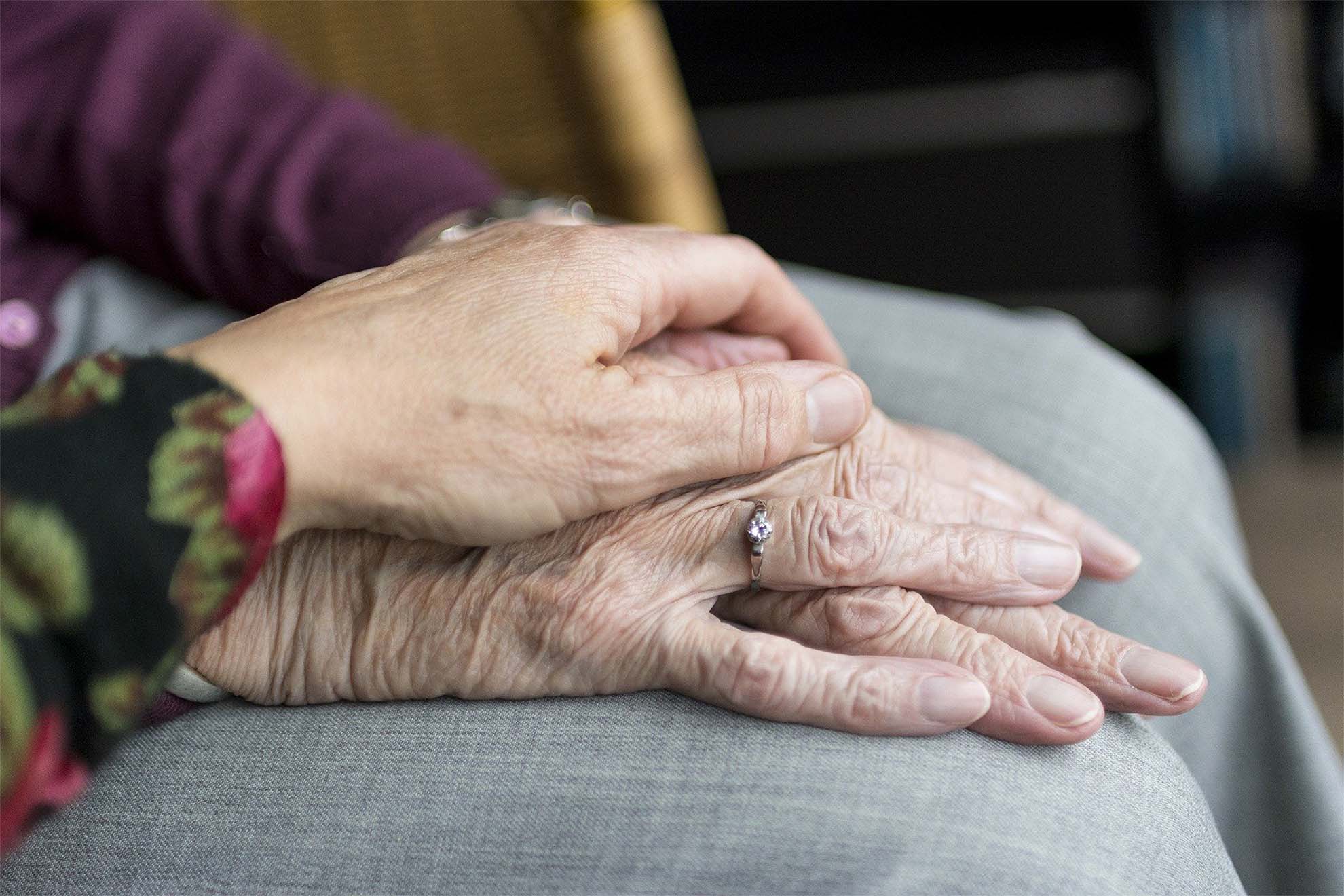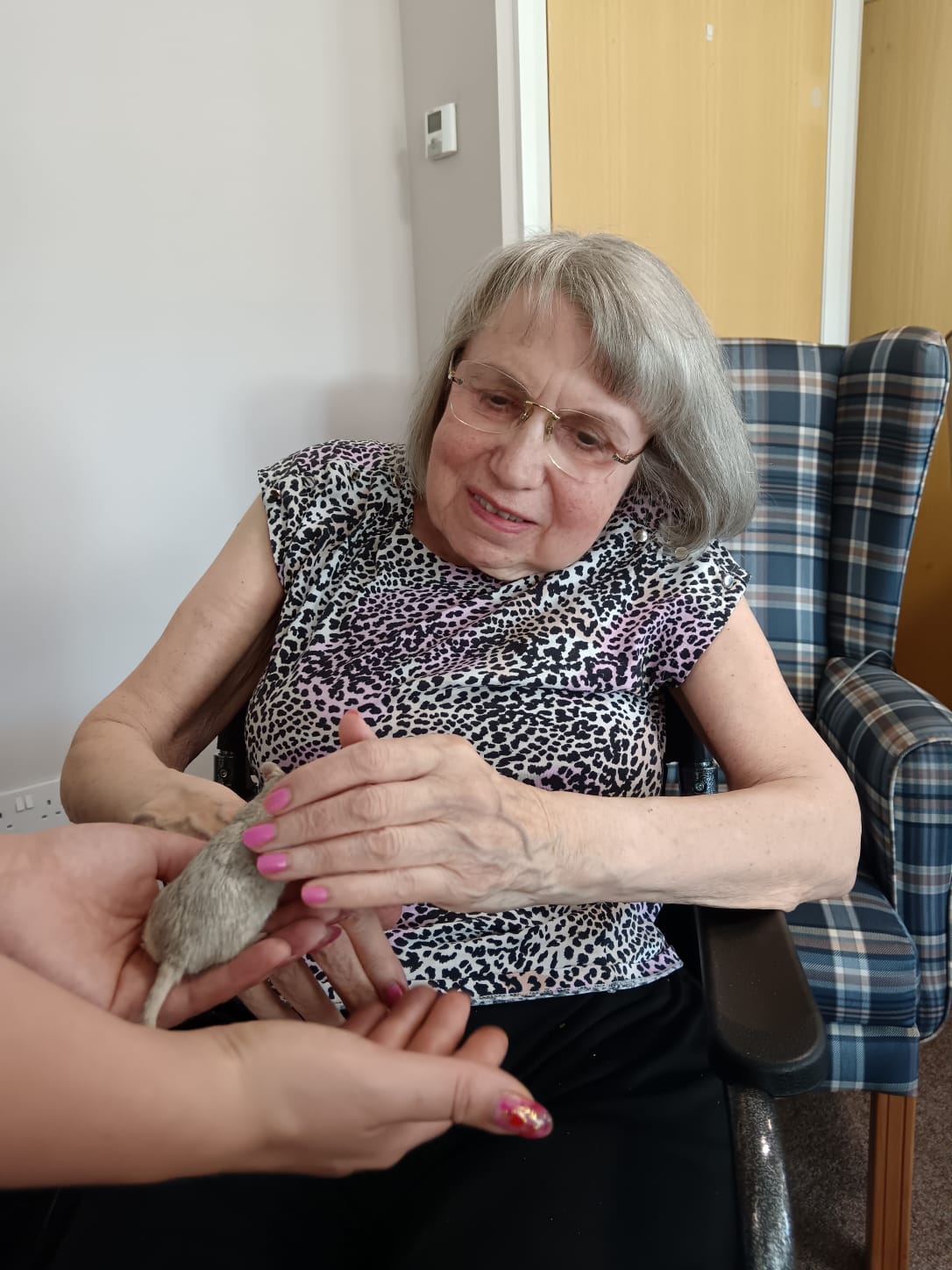When Should Someone With Dementia Move into a Care Home?

Dementia is a degenerative condition that negatively impacts an individual's cognitive abilities, which include memory, communication, and decision-making skills. As the condition progresses, it often becomes increasingly difficult for someone with dementia to live by themselves and manage their day-to-day life. In most cases, moving to a care home may be the best option to ensure the safety and well-being of the person with dementia. Making the decision to move into a care home can be a difficult decision that requires careful consideration of many factors.
Here are some things to consider when deciding if a person with dementia should move into a care home:
Not Feeling Safe
One of the main reasons why moving a person into a care home may be a good reason will be for their safety. As the condition advances, those with dementia can become increasingly forgetful and confused due to a decrease in their mental capacity, which can lead to accidents or wandering. An individual may forget to turn off the stove, leave the front door open, or wander away from home and become unfamiliar. In a care home, care teams are trained to handle these types of scenarios and provide 24/7 care and supervision to ensure the safety of residents.
Loneliness
Dementia can make people feel very lonely, as they become withdrawn and lose interest in social activities and hobbies. This can lead to feelings of loneliness and depression, which can have a negative impact on a person's emotional well-being. Within a care home, residents have the opportunity to socialise with other residents and participate in group activities and events that can help an individual to keep engaged and connected to others.
Breaks for Caregivers
Caring for someone with dementia can often be a full-time job, therefore taking its toll on the carer's physical and emotional health. Carers may get to a stage where they experience burnout, exhaustion, and stress, which understandably makes it difficult for them to provide a high standard of care for their loved ones' needs. Moving to a care home can provide the caregiver with a much-needed break and allow them to focus on their own needs. For family members who are caring for their loved one at home, it may get to a stage where can no longer provide the care that's required.

Financial Considerations
The cost of care homes varies depending on the level of care needed, the location, and the facilities provided. Care home fees are typically paid for through self-funding which is based on a person's property and financial affairs. In some cases, the local authority may contribute towards care home fees following a personal financial assessment.
There are certain situations where individuals can get financial help for the cost of their nursing home or care home fees. One option is to apply for a means-tested contribution from your local council. This will be based on assessing the individual's assets and income. The local authority will only contribute towards care home fees if income and assets fall below a certain amount.
Another option is to apply for NHS Continuing Healthcare funding. This is available to those who have a severe health decline which requires a healthcare professional to carry out a care needs assessment to decide if they're eligible for such funding.
Finding the Right Care Home
At what point should someone with dementia go into a care home? There is no straightforward answer due to individual circumstances. The decision of moving into a care home is one that should be carefully considered, and it is important to involve the person with dementia in the decision-making process as much as you can. Here are some things to keep in mind when discussing the transition into a care home:
Communication With Your Loved One
People living with dementia may have difficulty taking in information and making decisions, so you need to communicate in a clear and simple way. Provide plenty of time for the person to ask questions and allow them to express their concerns. If someone lacks the mental capacity to provide their opinion, for instance, the person's dementia has advanced and is no longer at the early stages of their dementia diagnosis, It's important that a family member acquires lasting power of attorney. This gives a person the legal power to make decisions on behalf of an individual if they believe it's in their best interests.

Choosing From Options
Even though the person living with dementia may not be able to make all the decisions, it is important to involve them in the process and give them plenty of options. Ask them what their preferences are and what they would like to see in a care home. If feasible, take them to visit a variety of care homes for them to acknowledge and react to their surroundings.
A Familiar Space
Moving to a new place can be disorienting for someone with dementia, so it is important to maintain a sense of familiarity within a residential setting. We recommend choosing a care home that is close to the person's current residence or local community. Taking familiar objects into the home as well as hanging photos in their own room can help the individual to feel more comfortable in their environment.
Continuum of Care
When someone with dementia moves into a care home, it is important to ensure they receive the right care. We advise providing care home staff with as much information as possible about your loved one's medical history, any medications, and current routines so that they can adopt this. The dementia care home team will develop a dementia care plan and regularly assess residents' needs to ensure they receive a continuity of care throughout the duration of their stay.

When choosing a care home, it is vital to understand the needs of the person with dementia by choosing a home that can meet those needs. Find out if a care home employs staff who are trained in dementia care and that can provide the correct level of support and supervision. It is also important to consider the location of the care home, the cost of care, and the quality of its services.
Moving someone to a care home can be difficult for both you and your loved one, but remember you are not alone. When searching for a care home for your family member, there are several types of support and advice available to you. You can get advice from healthcare professionals such as general practitioners, nurses, or social workers who can provide information on care homes as well as answer any questions you may have.
Additionally, there are charities such as the Alzheimer's Society and Age UK that provide information, advice, and emotional support for people with dementia and their families. These charities can also provide guidance and information on care homes and what to look for when visiting potential homes.
Providing Person-centred Care at Beechgrove Care Home
Beechgrove Care Home, situated in Lanark, South Lanarkshire, provides 24/7 care for a range of care needs including Residential Care, Dementia Care, Nursing Care and Respite Care. Our private care home in the countryside provides high-quality care, accommodation and facilities for 70 residents.
We are proud to provide dementia care at our care home in Lanark. Our dementia team is trained and experienced to provide a high standard of dementia care for those living with dementia. We offer a number of dementia-friendly activities and therapies to ensure our residents feel at ease at our home and live a better quality of life.
Our residents can utilise the many in-house facilities we offer including our very own cinema room, hair salon, library, private gardens and more. We encourage our residents to pursue their hobbies and gain new interests by offering a daily activities programme. Residents are able to socialise and participate in activities all while receiving personalised care and a luxury service from staff.
Get in Touch With Our Friendly Team
For more information about Beechgrove and the outings and activities our residents enjoy, please get in touch to book a tour or download a brochure.





